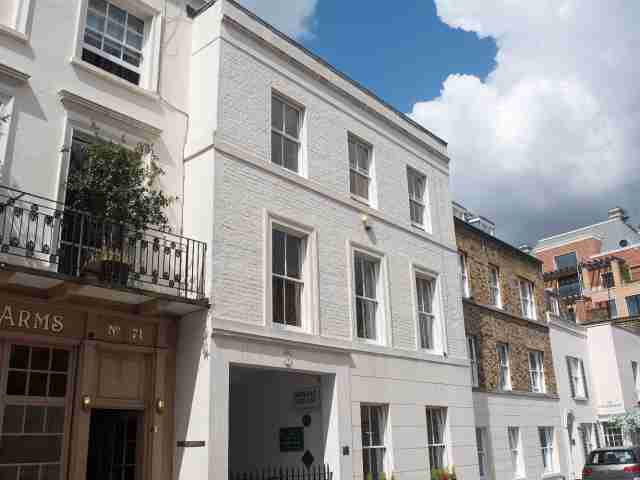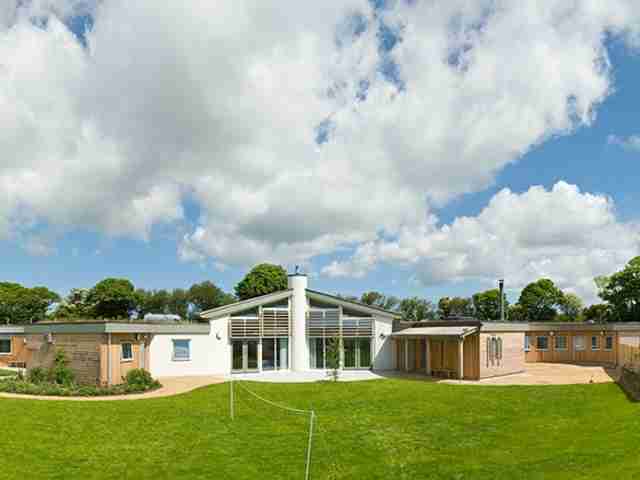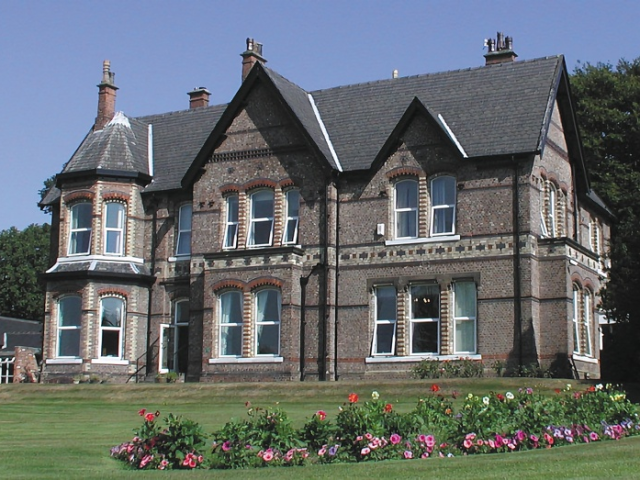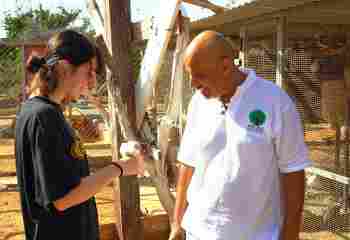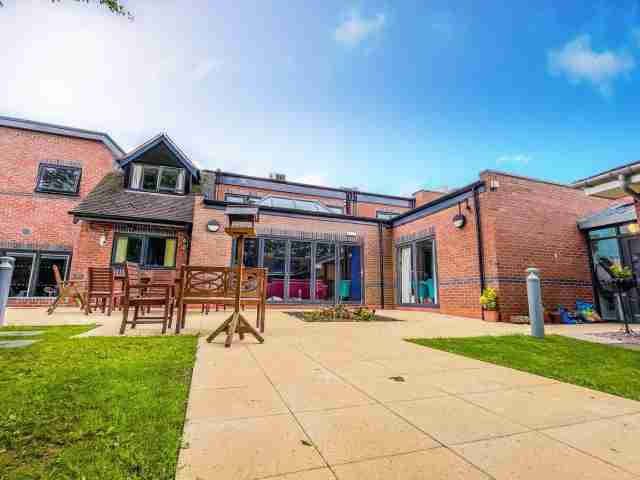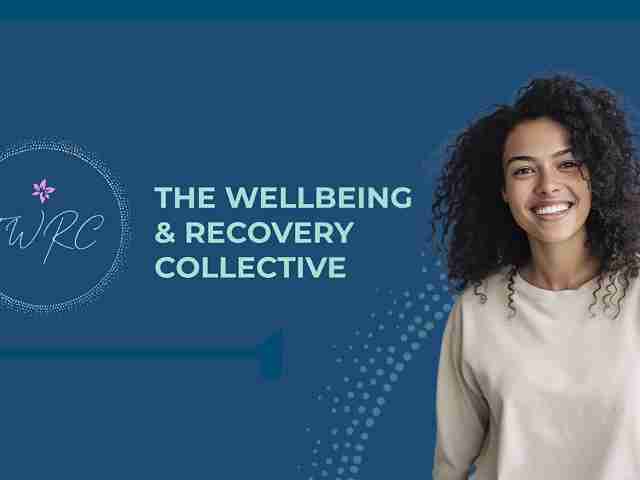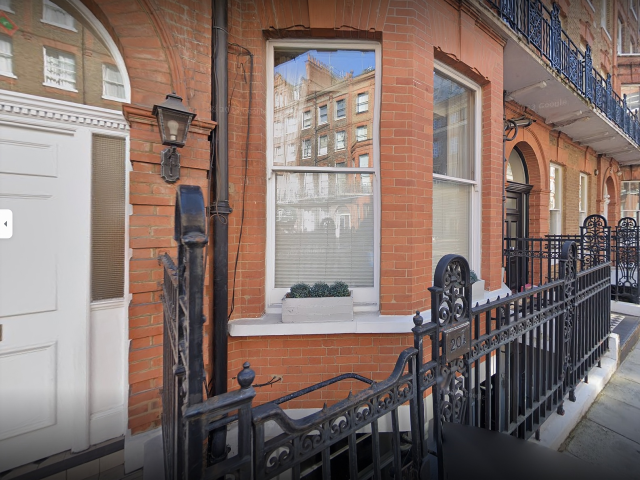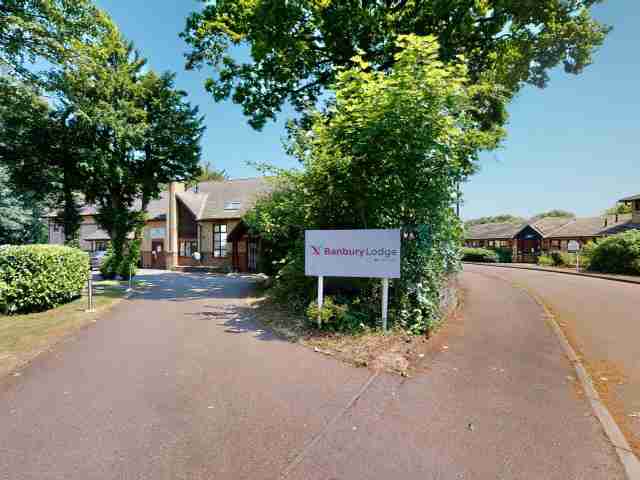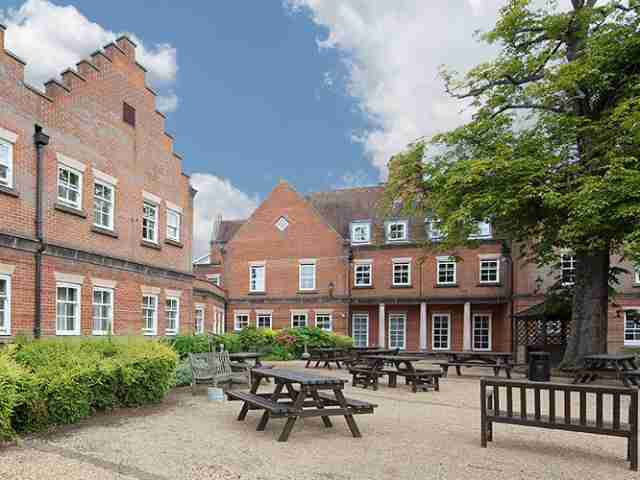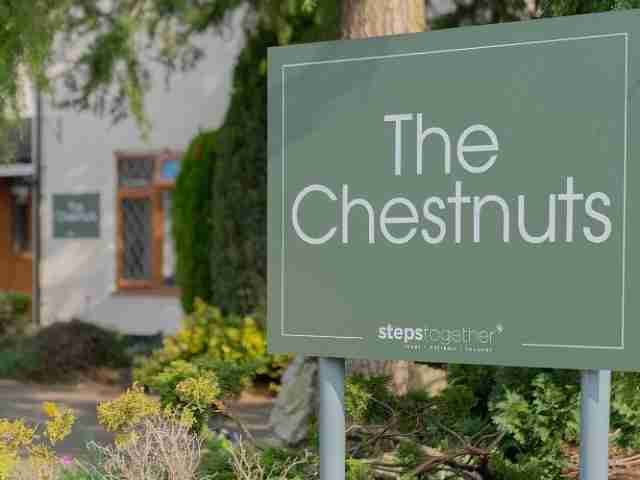More About Treatment Centers for Young Adults
Attending rehab specific for young adults can have great benefits. Therapies and activities are suited for the specific struggles you may face, making healing easier.
With technology and social media accessible to us 24/7, many mental illnesses are quickly presenting themselves. Young adults are suffering from depression, eating disorders and addiction. At rehab, you'll be able to heal through evidence-based therapies like cognitive behavior therapy (CBT) along with holistic therapies like yoga.
Finding the right addiction treatment program is important for a young person’s recovery. According to the Substance Abuse and Mental Health Services Administration (SAMHSA), young adults 18-25 years old have some of the highest rates of substance misuse in the country.(1) They also have unique experiences, needs, and perspectives, which is why attending a young adult rehab that understands what they are going through is beneficial. This page will help you learn more about what to expect in young adult rehab and how to find a young adult rehab near you.
What Is a Young Adult Addiction Treatment Program?
A young adult drug rehab is a specialized treatment program designed to meet the needs of young adults (generally defined as 18–26 years old) who are struggling with substance misuse. The treatment process varies depending on the specific program; however, many young adult drug rehab programs will address a person’s current substance misuse while increasing protective factors that can help prevent ongoing substance misuse.(1) In addition to helping a person stop misusing substances, these programs can help them feel less alone, increase positive feelings about seeking help, and reduce the stigma associated with substance misuse.(1)
Substance Misuse in Young Adults
According to a 2021 study from Monitoring the Future, nearly 82% of individuals between 18-25 years old used alcohol in the past year, followed by marijuana (43%), and other drugs (18%).2 There are various risk factors for substance misuse in young adulthood, such as:(1)
- Individual factors, such as using substances at an early age.
- Relationship factors, such as having a family history of substance use.
- Community factors, such as a college environment with a favorable attitude toward substance use.
- Societal factors, such as having access to substances.
What Happens During a Young Adult Addiction Treatment Program?
A young adult alcohol rehab program typically starts with a comprehensive assessment to evaluate a young person’s needs and to determine the proper treatment setting.(3) Specialized rehab programs can involve different levels of care. Patients can transition to different levels of care as a part of young adult rehab programs as their needs evolve.4 Levels of care in young adult treatment can include:(3)
- Medical detox, which helps young adults safely undergo withdrawal, often with the use of medications to ensure their comfort, as they return to a medically stable state. This can help facilitate the transition to ongoing treatment.
- Residential addiction treatment, where young adults live onsite and receive comprehensive care, monitoring, and support. They also participate in different therapies, such as group counseling with other young adults who are also in treatment and individual counseling.
- Outpatient addiction treatment programs, where young adults live at home or in a type of sober living facility and travel to rehab for treatment during the day. They participate in different treatments, often involving group therapy and other interventions together with other young adults.
- Intensive outpatient addiction treatment programs (IOPs), which are supportive outpatient programs for young adults that involve 9-20 hours of treatment per week.
- Partial hospitalization rehab programs (PHPs), which are highly supportive outpatient programs for young adults that involve 4-8 hours of treatment most days of the week.
Treatment Approaches in Young Adult Rehab Programs
What happens in young adult rehab? Patients may participate in a combination of different evidence-based treatment approaches, some of which are common to all types of addiction treatment but are then often tailored to young adults. Therapies used in addiction treatment can include:(1, 3, 5, 6)
- Cognitive-behavioral therapy (CBT), which helps young adults learn positive coping skills so they can avoid substance use and re-engage in their daily lives in more productive ways. Young adults may participate in a specific type of CBT known as cognitive restructuring, which can help them identify and replace harmful beliefs and thoughts related to substance use.
- Dialectical behavior therapy (DBT), which can help reduce self-harming behaviors, including substance use, and help young adults learn to manage their behavior without the use of substances.
- Motivational interviewing (MI), which helps young adults find and maintain motivation to make positive behavioral changes and reduces negative consequences of substance misuse.
- Eye movement desensitization and reprocessing therapy (EMDR), which is a specialized type of trauma therapy designed to help young adults work through traumatic experiences that may contribute to addiction so they can obtain relief from their symptoms.
- Group therapy, where young adults work together in a group led by a trained therapist, where they can share their experiences and gain support from others in similar situations.
Young adults may also receive medication for addiction treatment, depending on the substance(s) they misuse, as well as for co-occurring disorders, such as anxiety or depression.(4) If they have other health concerns, they can also receive appropriate medical care.(3)
What Happens After Completing a Young Adult Addiction Treatment Program?
After a young adult completes treatment, participating in some form of aftercare can help support their recovery and address a return to substance use, should it occur.(3) Aftercare can include different components, such as:(7, 8)
- Group counseling.
- Individual therapy.
- Sober living, or recovery housing, which are supportive, substance-free residences for young adults who are transitioning back to their daily lives after completing a treatment program.
- 12-Step groups, like Alcoholics Anonymous (AA) or Narcotics Anonymous (NA).
Does Health Insurance Cover Young Adult Addiction Treatment Programs?
Health insurance should provide some level of coverage for young adult treatment programs.(9) The Affordable Care Act states that substance use and mental health treatment are essential health benefits (EHBs), which means that Marketplace insurance providers must provide some type of coverage for these services.(9) It’s a good idea to check your specific coverage with your insurance provider.
Finding a Young Adult Rehab Program Near You
If you or a loved one is ready to seek rehab for a substance use disorder, explore your options and reach out to a rehab centre using Recovery.com today!
Sources
- Substance Abuse and Mental Health Services Administration. (2019). Substance misuse prevention for young adults. Publication no. PEP19-PL-Guide-1. Rockville, MD: National Mental Health and Substance Use Policy Laboratory. Substance Abuse and Mental Health Services Administration.
- Patrick, M. E., Schulenberg, J. E., Miech, R. A., Johnston, L. D., O’Malley, P. M., & Bachman, J. G. (2022). Monitoring the future panel study annual report: National data on substance use among adults ages 19 to 60, 1976-2021. : Ann Arbor, MI. University of Michigan Institute for Social Research.
- Centre for Substance Abuse Treatment. (2014). What is substance abuse treatment? A booklet for families. HHS Publication No. (SMA) 14-4126. Rockville, MD: Substance Abuse and Mental Health Services Administration.
- National Institute on Drug Abuse. (2014, January). Principles of drug addiction treatment: a research-based guide (third edition).
- Ritschel, L. A., Lim, N. E., & Stewart, L. M. (2015). Transdiagnostic applications of DBT for adolescents and adults. American journal of psychotherapy, 69(2), 111–128.
- Schäfer, I., Chuey-Ferrer, L., Hofmann, A., Lieberman, P., Mainusch, G., & Lotzin, A. (2017). Effectiveness of EMDR in patients with substance use disorder and comorbid PTSD: study protocol for a randomized controlled trial. BMC psychiatry, 17(1), 95.
- McKay, J. R. (2009). Continuing care research: what we have learned and where we are going. Journal of substance abuse treatment, 36(2), 131–145.
- Alcoholics Anonymous. (2023). Young people in A.A. New York, NY: Alcoholics Anonymous World Services, Inc.
- HealthCare.gov. (n.d.). Mental health & substance abuse coverage.












